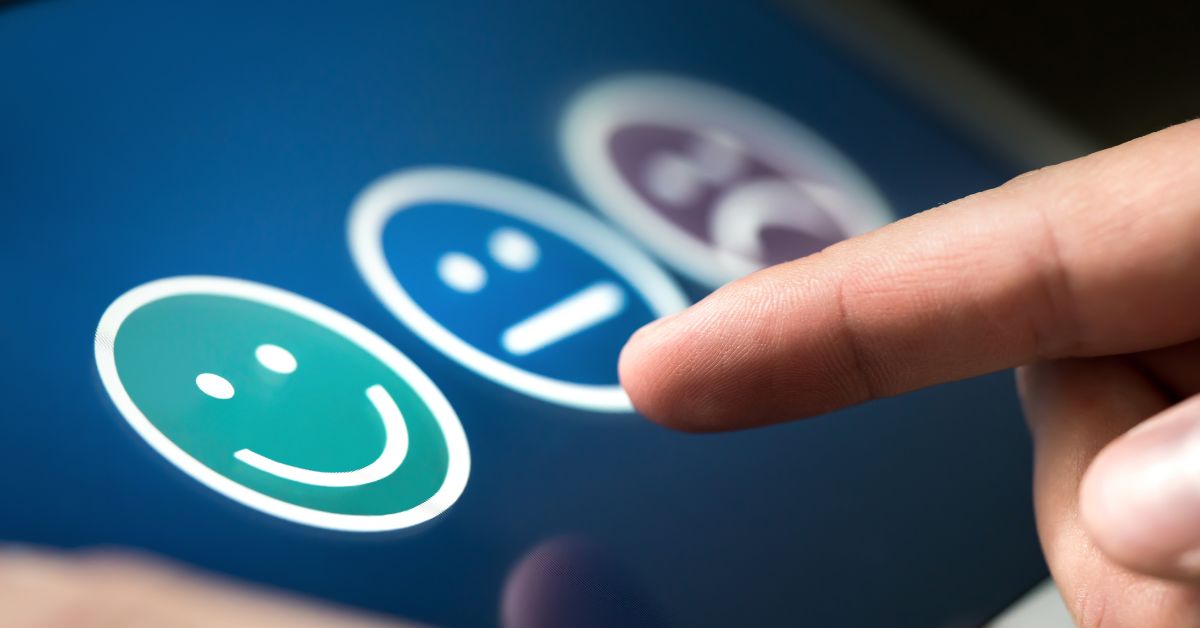Anyone with a litigation practice knows that there are some defendants who seem like downright professionals when it comes to avoiding service of process. In other cases, it appears that the stars have aligned to keep the server and the defendant apart no matter what.
Whatever the scenario, service is not impossible if you know what to do. Here are our seven tips for making sure your target gets served.
#1: The more information, the better
Already know that this particular recipient will be a difficult serve? Add a note in the comments to your service of process provider.
Happen to have insight into the second job that this person works on the weekends? Give the server a heads up.
The more detail and context you can provide around where and when to reach this party, the more effectively the process server will be able to fulfill your request. And the less the chances are that you’ll need to spend time on the phone following up.
#2: Due diligence via social media
There are not many people today who are completely absent from social media. Thus, it can be a great tool for finding people ahead of attempting service. Some professional process servers will go so far as to not only check the target’s accounts but the accounts of people close to them, in order to find out where the person is currently spending time.
#3: When all else fails: skip trace
Don’t have more than a name and a last known address from three years ago? Rather than run through your service attempts based on inaccurate data, you can add skip trace to your order and get the inside scoop on the recipient.
Skip tracing is the process of using all available information about a person in order to determine their location so that process can be served. Things like credit reports, job applications, loan applications, criminal records, and utility bills (just to name a few) are all fair game in this process.
One Legal leverages a range of online databases and sources to gather all available information about a person’s whereabouts. You receive that information directly and can make an informed decision on how you want to strategize your serve.
#4: Use available technology
If you or your client are hesitant to spend extra money on finding your service target, don’t be afraid to use readily available online resources. Outside of the legal realm, there are millions of people looking for other people every day – and there are a plethora of services available to them.
#5: When in doubt, hire a professional
We understand that some firms prefer to perform as many tasks on their own as possible – including serving papers on opponents. But what about those defendants who are not represented by counsel (so service on the attorney is impossible) and who is otherwise completely elusive?
For the elusive, the far-flung, and the too-busy-to-track defendants, it is best to simply hire a professional. One Legal, for example, has a network of professional process servers all over the nation. So even if you learn at the last minute that the person you need to serve is at a trade show 2,000 miles away from your office, we can have someone there to get the job done in no time.
Get started >> Arrange service of process anywhere in the U.S.
#6: Try them on the phone
One mistake that many young legal professionals make is to assume that every defendant will be trying to evade service. On the contrary, there are many people who know they’ve screwed up and are expecting to receive papers at some point. Thus, the best first tactic is to simply call your target and see if they will accept service. The worst thing they can say is no, right?
Serving papers on defendants is a critical part of any litigation. Use these tips to increase your number of successful serves and move forward with each and every case more smoothly.








